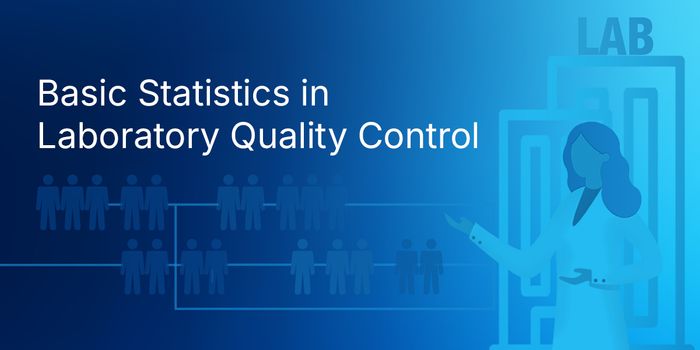Fecal Transplant improves ASD
Our understanding of the brain-gut connection is increasing by the day. For example, some individuals with autism spectrum disorder (ASD) also experience gastrointestinal symptoms which correlate with ASD severity. In Scientific Reports, researchers from Arizona State University report on a follow-up study to their 2017 experiments which involved fecal microbiota transplants (FMT) in children with autism spectrum disorder. Two years after microbiota transplant therapy (MTT), the children had retained microbiota diversity. Even more impressive, autism-related symptoms were also reduced.
The brain and the gastrointestinal system are intimately connected. A person's stomach or intestinal distress can be the cause or the product of their mental health. Many studies have examined the association between psychosocial behaviors and chronic gastrointestinal illness.
Autism spectrum disorder, or autism, refers to a broad range of conditions characterized by challenges with social skills, repetitive behaviors, speech and nonverbal communication. Therapy for ASD involves providing individuals with the tools to better navigate the neurotypical world. Many individuals with ASD also experience significant gastrointestinal (GI) symptoms, such as constipation, diarrhea, and alternating constipation/diarrhea which correlate with ASD severity. Compared to neurotypical children, children with ASD have altered gut bacteria profiles.
Fecal microbiota transplant has been shown to be an effective, safe and curative treatment for recurrent Clostridium difficile infection. FMT is also emerging as a treatment for a host of other GI diseases. As mouse studies have demonstrated that FMT can affect behavior, the Krajmalnik-Brown Laboratory postulated that FMT in individuals with ASD may alleviate both their GI symptoms and ASD associated behaviors.
Fecal microbiota transplants are sometimes referred to as “poop transplants” but that is not entirely accurate. Potential stool donors are first screened for healthiness. Donor blood and stool samples are next analyzed for the presence of medicines, pathogens and viruses. Once the donor has been approved, a fresh stool sample is supplied on the day of the transplant. It is then processed to produce standardized human gut microbiota (SHGM) by liquefying and filtering to concentrate the microbiota and remove any unnecessary fecal matter. In this study, the MTT procedure included antibiotics, bowel flushing, and Prilosec to increase the survival rate of SHGM.
Two years after MTT, the 18 study participants returned to the clinic to determine their gut microbiota diversity, and the severity of their GI and ASD-related symptoms. The majority of participants with ASD maintained higher gut microbiota diversity compared to levels pre-transplant. Participants and their parents also reported that the improvements to their GI symptoms were maintained. The severity of ASD-related symptoms, scored by professionals and reported by parents, had continued to improve since the initial study. Remarkably, based on the Childhood Autism Rating Scale, the severity of ASD at the two-year follow-up was 47% lower than pre-transplant with the behavior of 44% of participants now scoring below the ASD diagnostic cut-off score!
This follow-up demonstrates that MTT in children is safe, long-lasting, and improves GI symptoms. In children with ASD, MTT also results in sustained increases in microbiota diversity. Though they did not have a control population of children with ASD that did not undergo MTT, they reference a 2012 study that demonstrated that without intervention, ASD associated behaviors tend to be consistent over time. Thus, the dramatic improvement in ASD-related symptoms are likely attributed to the MTT. Next, a randomized, double-blind, placebo-controlled study needs to be conducted to investigate the value of MTT in treating children with ASD and GI problems. As ASD encompasses a wide range of behaviors and skills, it is possible that MTT may not be the magic bullet that solves the difficulties faced by individuals with ASD. However, MTT and other treatments that increase the diversity of gut microbiota may be the key to treating brain-gut connection ailments.
To learn about the fecal transplant behavioral studies in mice, watch the video.









